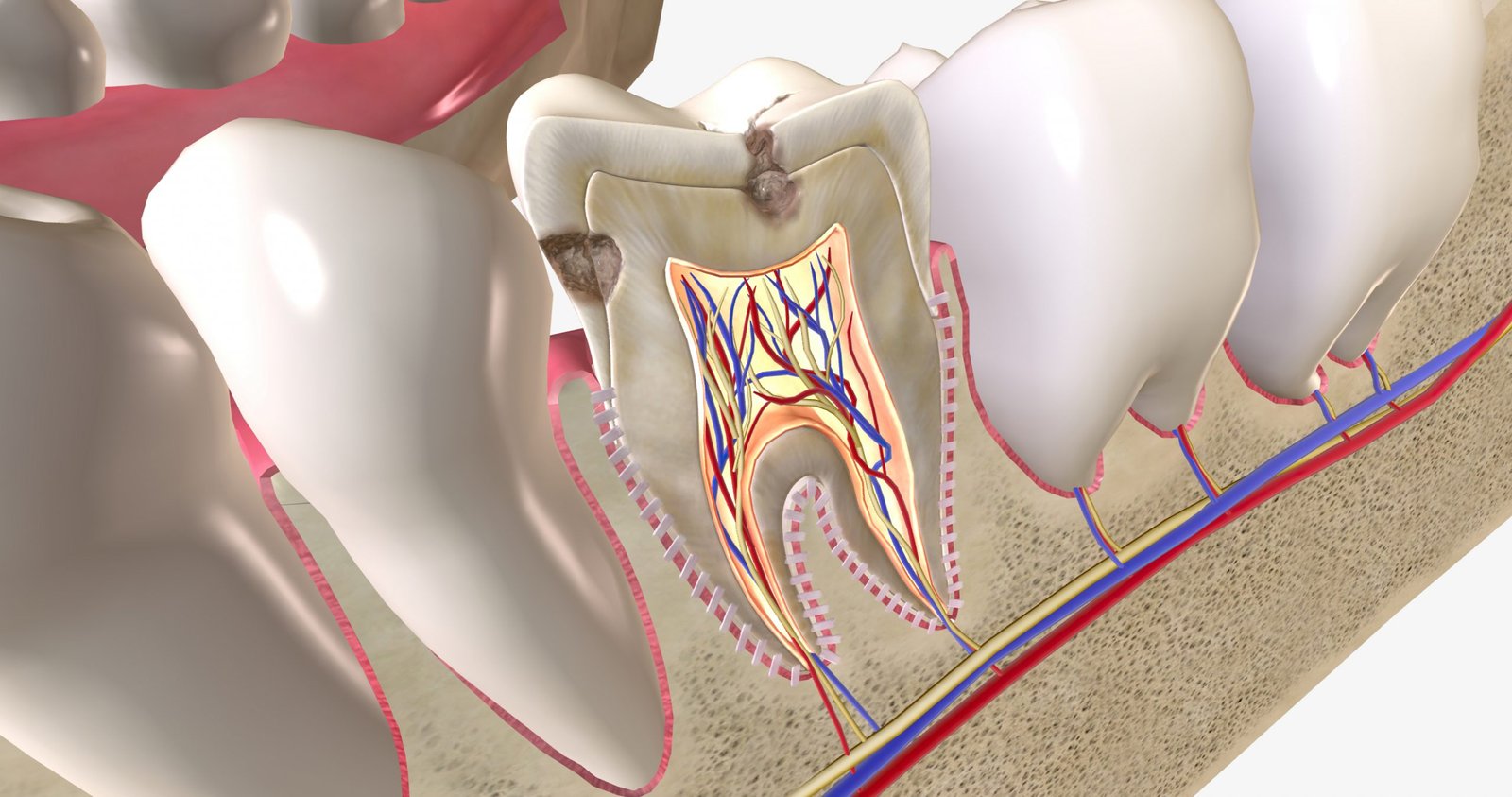Root Canal: Causes and Treatment
Root canal treatment, also known as endodontic therapy, is a dental procedure performed to treat infection at the center of a tooth. This infection is caused by bacteria that have entered the tooth through deep cavities, cracks, or faulty fillings. If left untreated, the infection can lead to severe pain, swelling, and even tooth loss.
During a root canal procedure, the infected pulp is removed, the inside of the tooth is cleaned and disinfected, and then it is sealed to prevent further infection. While the idea of a root canal may sound daunting, advancements in technology and techniques have made the procedure relatively painless and highly successful.
Some common symptoms that may indicate the need for a root canal include severe toothache, prolonged sensitivity to hot or cold temperatures, swelling and tenderness in the gums, and darkening of the tooth. It is important to consult with a dentist if you experience any of these symptoms to prevent the infection from spreading and causing further damage.
It is crucial to understand that avoiding or delaying a root canal when it is needed can lead to serious complications, such as abscess formation, bone loss around the tip of the root, and even systemic infections. By undergoing timely root canal treatment, you can save your natural tooth and maintain good oral health.
In conclusion, root canal treatment is a safe and effective way to treat infected teeth and alleviate pain. If you are experiencing symptoms of a tooth infection, do not hesitate to seek professional dental care. Remember, your oral health is an essential part of your overall well-being.




